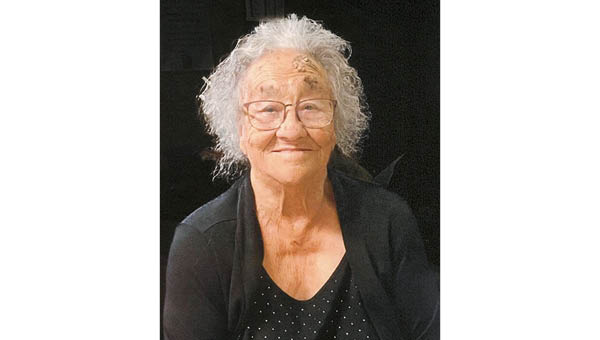Celebrating America’s innovators – and defending the law behind them
Published 11:27 am Friday, December 27, 2024
|
Getting your Trinity Audio player ready...
|
BY STEVEN INFANTI
Researchers and scientists at universities have been at the forefront of developing bold new ideas into life-changing products in areas from biotech to artificial intelligence.
Yet even as we celebrate achievements in innovation, a Biden-Harris White House proposal seeks to upend the foundation on which it rests.
That foundation is the Bayh-Dole Act of 1980. For nearly 45 years, this landmark legislation has provided the framework that allows development investment to flow into newly patented discoveries.
Before the law’s passage, nearly 30,000 patented inventions were languishing undeveloped. That’s because the federal government held the patents on all discoveries funded with taxpayer dollars, but funding agencies had no incentive to license patents for development.
Bayh-Dole fixed that problem by allowing universities, small businesses, and nonprofits to hold the patents resulting from their government-funded research. Newly established university tech transfer offices could generate revenue by licensing patents for development.
Consider Penn researcher Katalin Karikó. She spent decades researching messenger RNA – the breakthrough that led to the Covid-19 vaccines. Through the school’s tech transfer office, Penn licensed Karikó’s discovery for the vaccines, which saved millions of lives. She was recognized as one of the 2023 “Faces of American Innovation” honorees for her contributions and went on to win the Nobel Prize later that year.
The Bayh-Dole Act catalyzed entrepreneurial spirit nationwide. From 1996 to 2020, the legislation has been responsible for up to $1.9 trillion in industrial output, 6.5 million jobs, and 17,000 startups.
But as the work of this year’s “Faces of American Innovation” honorees demonstrates, economic prosperity is only part of the story.
Consider Dr. Shafiqul Chowdhury, who developed a vaccine that protects livestock from disease outbreaks. With the support of Louisiana State University’s tech transfer program, he patented his revolutionary findings.
Or consider Dr. Rachel Dorin. Instead of pursuing a lucrative career as a consultant, she chose to invest her time in making drug production safer. Through Cornell, she patented a new membrane filtering process to protect patients from impurities in drug manufacturing.
We should be encouraging more breakthroughs like these by upholding the Bayh-Dole architecture for innovation. Unfortunately, policymakers in Washington are contemplating action that could drastically weaken it.
The White House seeks to usher in these changes under the misguided premise that patent protections lead to price gouging. The administration believes funding agencies should force universities to relicense patents or do so themselves when they decide the price of a product is too high.
Though the Bayh-Dole Act allows the federal government to “march in” and relicense patents under specified circumstances, none authorizes doing so on the basis of price. In fact, Bayh-Dole’s bipartisan authors expressly rejected the use of march-in rights to obtain lower prices.
Further, studies indicate that the Biden proposal would have no meaningful effect on drug prices. But the new framework would pull the rug out from under current and future inventors.
Note that the average research and development cost for a new drug is $1.5 billion. That’s not government money. It comes from private investors. For every dollar the government spends on R&D, private businesses invest nearly $4. Investors surely won’t foot that bill if Washington reserves the right to undercut their licenses to products they have successfully developed.
We face a real choice here: we can protect the policy environment that enabled brilliant innovators like Karikó, Chowdhury, and Dorin to flourish. Or we can close the door on their successors for good.
(Steven Infanti resides in Harrisburg and is a member of the Bayh-Dole Coalition.)





